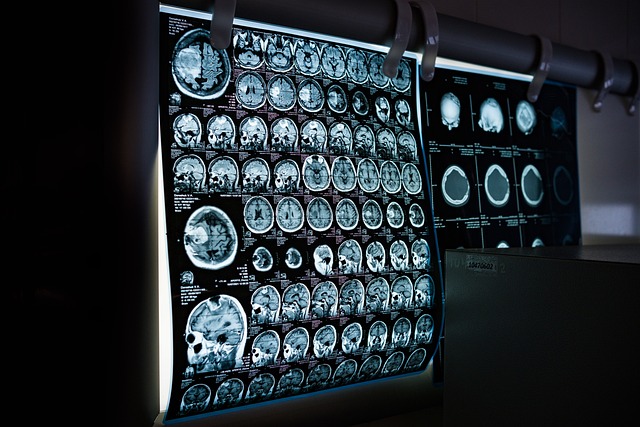Signs of Amyloidosis You Should Look Out For
Amyloidosis is an uncommon disease that occurs when abnormal proteins accumulate in the body’s organs and tissues, disrupting their normal function. Understanding how it is identified, exploring current treatment approaches, and recognizing the importance of timely diagnosis can help improve health outcomes and preserve quality of life.

What Is Amyloidosis and How Does It Develop?
Amyloidosis occurs when misfolded proteins called amyloids build up in organs and tissues. These abnormal protein fragments cannot be broken down normally, creating deposits that interfere with organ function. Multiple types exist, including AL (light chain) amyloidosis, which is most common, and hereditary forms like ATTR amyloidosis. Risk factors include age, certain chronic diseases, family history, and specific medical treatments that might trigger protein misfolding.
What Are the Symptoms and How Is Amyloidosis Diagnosed Early?
Early detection of amyloidosis can be challenging due to its diverse and often subtle symptoms. Common warning signs include unexplained weight loss, extreme fatigue, shortness of breath, swelling in ankles and legs, and unusual skin changes. Specific organ-related symptoms might develop, such as heart palpitations, kidney dysfunction, or neurological complications. Diagnostic processes typically involve comprehensive blood tests, urine analysis, tissue biopsies, and advanced imaging techniques like echocardiograms and MRI scans.
What Are the Current Treatment Options and Medications for Amyloidosis?
Treatment strategies for amyloidosis depend on the specific type and affected organs. Primary approaches include:
-
Chemotherapy to reduce abnormal protein production
-
Targeted medications to stabilize protein structures
-
Stem cell transplantation for certain amyloidosis types
-
Supportive therapies addressing individual organ complications
Emerging treatments like precision medicine and genetic therapies show promising potential for more effective management in the future.
How Are Organ-Related Complications Managed in Amyloidosis?
Managing organ-specific complications requires a multidisciplinary approach. Cardiologists might recommend medications to support heart function, while nephrologists could implement strategies to protect kidney health. Neurologists may develop comprehensive plans to address potential nervous system impacts. Regular monitoring, personalized treatment plans, and coordinated care between specialists are essential for minimizing disease progression.
What Does Living with Amyloidosis Long Term Involve?
Long-term management of amyloidosis demands comprehensive lifestyle adjustments and ongoing medical supervision. Patients typically require:
-
Regular medical check-ups
-
Consistent monitoring of organ function
-
Potential dietary modifications
-
Stress management techniques
-
Emotional support resources
Adaptability, proactive healthcare engagement, and maintaining a positive mindset are critical for navigating this complex condition.
Treatment and Medical Provider Comparison
| Provider | Specialization | Treatment Approach | Estimated Cost Range |
|---|---|---|---|
| Mayo Clinic | Comprehensive Amyloidosis Care | Multi-disciplinary Treatment | $5,000 - $50,000/year |
| Cleveland Clinic | Specialized Rare Disease Unit | Advanced Diagnostic Protocols | $4,500 - $45,000/year |
| Johns Hopkins | Research-Driven Treatment | Cutting-Edge Clinical Trials | $6,000 - $55,000/year |
Prices, rates, or cost estimates mentioned in this article are based on the latest available information but may change over time. Independent research is advised before making financial decisions.
Conclusion
Understanding amyloidosis requires awareness, medical expertise, and a comprehensive approach to diagnosis and treatment. Early recognition of symptoms, proactive medical consultation, and ongoing research offer hope for improved patient outcomes and potential future breakthroughs.
Disclaimer: This article is for informational purposes only and should not be considered medical advice. Please consult a qualified healthcare professional for personalized guidance and treatment.




